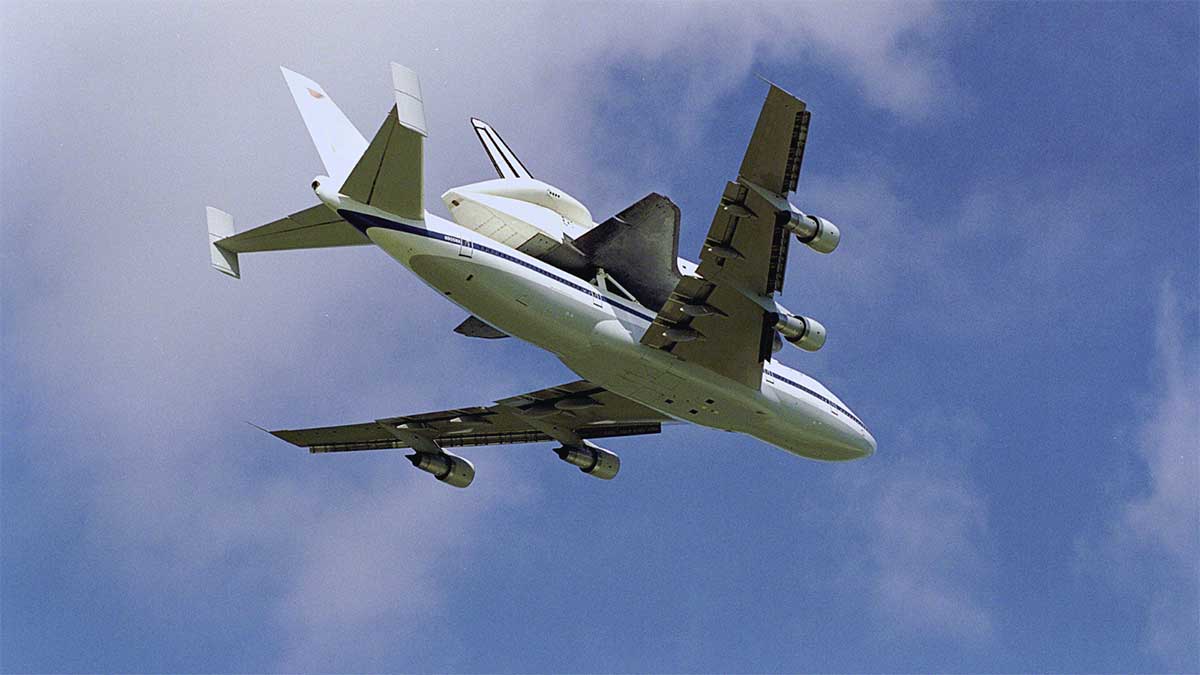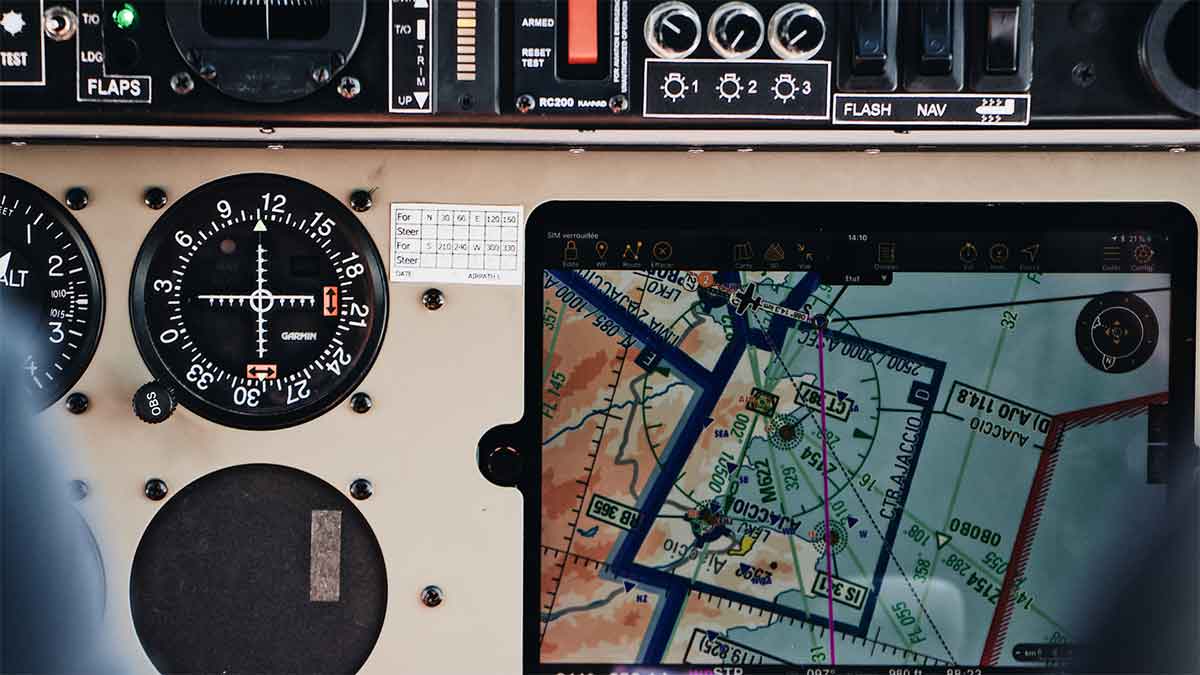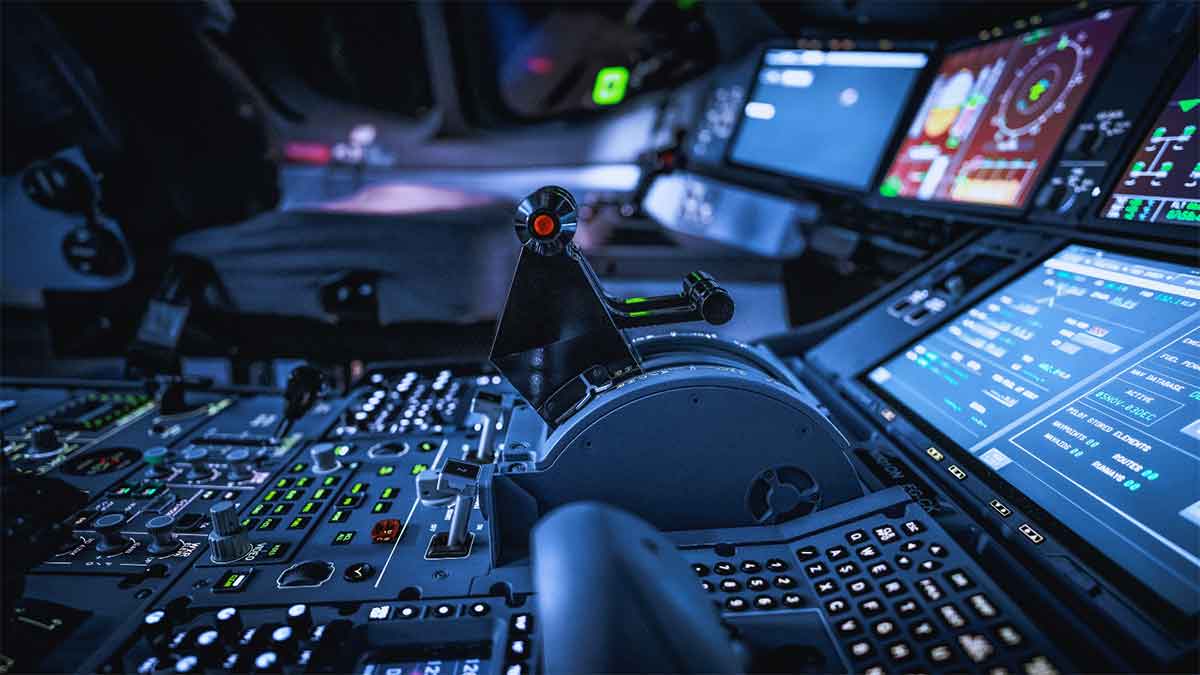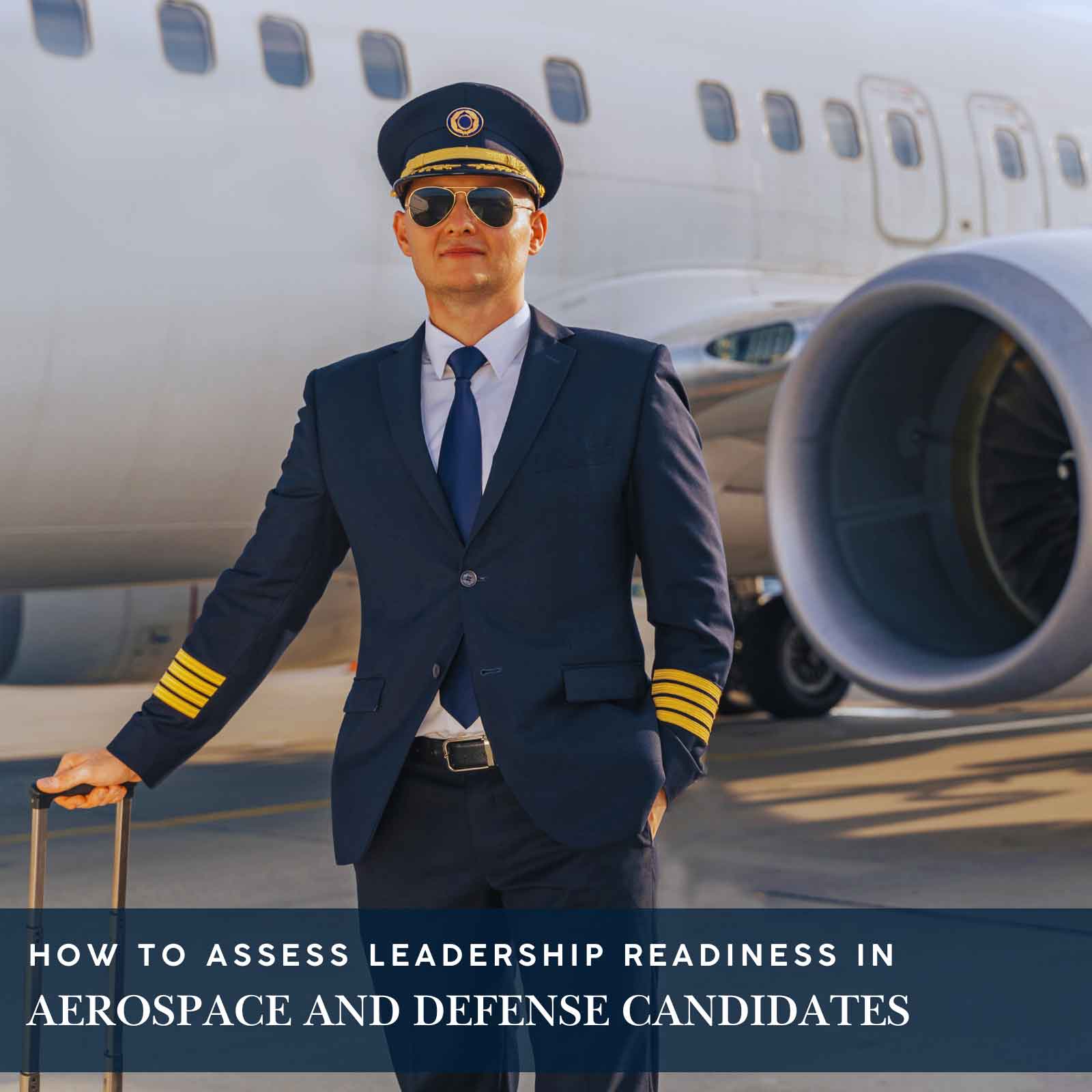Upskilling Strategies for Aerospace: Building Future-Proof Teams

The aerospace industry is evolving at a rapid pace. Advancements in technology, shifting regulatory landscapes, and increasing competition demand that organizations invest in upskilling their workforce. Without a strategic approach to aerospace recruitment, companies risk skill gaps that could hinder innovation and long-term success.
For aerospace manufacturers, defense contractors, and aviation firms, developing high-caliber leadership and technical expertise is not optional—it is critical for maintaining operational excellence. This guide outlines effective upskilling strategies designed to help aerospace companies attract, develop, and retain the industry’s most qualified talent.
The Growing Demand for Specialized Leadership Skills
Aerospace companies require more than general business leaders—they need executives who can manage large-scale programs, drive compliance, and optimize complex engineering and manufacturing processes. The following skill sets are critical:
- Regulatory Compliance: Aerospace leaders must have in-depth knowledge of FAA, ITAR, and AS9100 standards to manage government contracts, ensure product safety, and maintain legal compliance across international markets.
- Program Management: Aircraft development and defense contracts involve multi-year production timelines and strict cost controls. Executives must have proven experience managing procurement, budgeting, and risk mitigation while keeping projects on schedule.
- Engineering and Manufacturing Leadership: As aerospace production becomes more advanced, leaders must oversee lean manufacturing practices, quality assurance, and supply chain integration. The ability to balance innovation with cost efficiency is essential in maintaining competitiveness.
Executives who combine technical expertise with strategic leadership are critical for aerospace recruitment success. Organizations must prioritize hiring leaders who can manage regulatory complexities and drive operational efficiency.
Addressing Workforce Shortages in Critical Aerospace Roles
The aerospace industry is experiencing talent shortages in key areas, including aerospace engineering, systems integration, and supply chain management. Companies that fail to address these shortages risk operational setbacks and long-term workforce instability.
To bridge these gaps, aerospace organizations must take a proactive approach by:
- Developing Internal Talent Pipelines: Companies should identify high-potential employees early and invest in structured succession planning to reduce reliance on external hiring. This ensures leadership continuity and long-term stability.
- Enhancing Technical Training: Targeted leadership development programs can help aerospace professionals gain expertise in compliance, engineering, and manufacturing processes. Providing on-the-job training, executive mentoring, and continuing education opportunities strengthens the workforce from within.
- Strategic Hiring: Partnering with top executive search firms ensures companies can identify and recruit professionals with highly specialized aerospace expertise. An executive search firm with experience in aviation recruiting can pinpoint leaders who understand the nuances of aerospace manufacturing, program execution, and regulatory compliance.
Closing skill gaps through aerospace recruitment requires a data-driven and targeted approach. Companies must align executive search services with long-term strategic goals to build a workforce that is capable, resilient, and future-ready.
Strengthening Aerospace Talent Through Targeted Training Programs
Building a highly skilled aerospace workforce requires continuous education, leadership development, and specialized training. Executives and technical leaders must stay ahead of evolving regulations, emerging technologies, and complex supply chain demands. Without targeted training programs, companies risk skill gaps that hinder innovation and compliance.
Industry-Specific Leadership Development Programs
Aerospace leadership requires more than conventional executive training. Given the industry’s complexity, companies must design specialized development programs that cultivate strategic thinking, operational efficiency, and resilience in high-stakes environments.
Key strategies include:
- Partnerships with Aerospace Training Institutions – Collaborating with universities, defense contractors, and technical schools allows companies to develop executive training programs tailored to program management, risk assessment, and supply chain logistics. These partnerships equip leaders with insights into evolving industry challenges, contract negotiation tactics, and emerging aerospace technologies.
- In-House Executive Training – Establishing internal leadership programs strengthens executives’ ability to manage lean manufacturing processes, oversee large-scale defense projects, and drive innovation. Training in cost control, risk management, and operational streamlining ensures executives can lead with precision and efficiency.
- Simulation-Based Training – Immersive, scenario-driven programs prepare aerospace leaders for complex challenges such as aircraft production setbacks, cybersecurity threats, and supply chain vulnerabilities. These hands-on exercises sharpen decision-making and problem-solving skills in real-world conditions.
By focusing on industry-specific competencies, aerospace firms develop leaders capable of adapting to technological advancements, optimizing operations, and ensuring long-term growth.
Upskilling Through Continuing Education and Certifications
Advanced education and industry-recognized certifications help aerospace executives refine leadership skills, optimize processes, and enhance risk management strategies. Companies that support professional development create stronger leadership pipelines and improve operational decision-making.
Key certifications include:
- Project Management Institute (PMI) Certifications – Essential for executives managing large-scale aerospace and defense programs, PMI credentials enhance skills in project execution, budgeting, and risk mitigation.
- Six Sigma & AS9100 Certifications – These certifications equip aerospace leaders with expertise in process optimization, quality control, and regulatory adherence, ensuring production efficiency and reduced operational risks.
- Aviation Safety & Risk Management Training – Leaders overseeing aircraft development and operational safety benefit from specialized training in risk assessment, compliance protocols, and crisis response planning.
Rather than focusing solely on compliance, upskilling through certifications sharpens decision-making, improves cross-functional leadership, and drives operational excellence. Companies that prioritize executive development position themselves for sustained growth in a highly competitive industry.
Leveraging Succession Planning to Build Future Aerospace Leaders
Aerospace companies cannot afford leadership gaps—succession planning must be an ongoing process, not a reactive measure. The complexity of aerospace operations, regulatory oversight, and defense contracts demands leaders who are well-prepared for executive roles before vacancies arise. A structured succession strategy ensures leadership continuity, minimizes operational disruptions and reduces reliance on external hiring.
Identifying and Developing High-Potential Leaders
Aerospace firms must strategically groom future executives by implementing structured talent development initiatives. Key succession planning strategies include:
- Creating a Leadership Development Pipeline: Identifying and advancing mid-to-senior-level professionals with strong decision-making skills and a deep understanding of program management, supply chain logistics, and aerospace engineering.
- Establishing Executive Mentorship Programs: Pairing emerging leaders with seasoned aerospace executives fosters knowledge transfer, industry expertise retention, and hands-on experience in government contract negotiations, risk assessment, and regulatory compliance.
- Using Performance-Based Assessments: Traditional promotions based on tenure do not guarantee leadership success. Instead, organizations should evaluate candidates using data-driven metrics, measuring their ability to lead large-scale projects, optimize operations, and align with long-term business objectives.
A structured approach to identifying high-potential leaders ensures that aerospace companies always have qualified professionals ready to step into executive positions.
Retaining and Advancing Top Aerospace Talent
Retaining top aerospace executives requires more than just competitive salaries. Skilled leaders drive innovation and operational efficiency, making their retention critical for long-term success. Aerospace firms should implement strategic retention initiatives to reduce turnover and strengthen leadership continuity.
Key strategies include:
- Competitive Compensation and Benefits – Beyond base salary, executive retention improves with performance-based incentives, stock options, and leadership development grants.
- Defined Leadership Growth Paths – Outlining clear advancement opportunities in operations, R&D, or corporate strategy helps executives envision a long-term future within the company.
- Workforce Engagement and Leadership Empowerment – Providing executives with meaningful, high-impact roles, ongoing development programs, and decision-making authority fosters commitment and job satisfaction.
By fostering an environment that values leadership growth, recognizes contributions, and offers long-term career incentives, aerospace firms can secure top talent and minimize attrition. A strong retention strategy ensures organizational stability and preserves institutional knowledge, giving companies a competitive edge in an industry where skilled executives are in high demand.
Partnering with Aerospace Executive Search Firms for Leadership Excellence
Finding and securing top aerospace executives requires a specialized, performance-driven approach. Many aerospace companies struggle to find candidates with both technical and leadership expertise. Partnering with aerospace recruiters who understand the industry’s complexities ensures companies attract the right talent.
The Role of Executive Search in Talent Development
Executive search firms specializing in aerospace provide a targeted approach to hiring by:
- Identifying High-Impact Leaders: A rigorous vetting process ensures that executives possess mission-critical skills and industry expertise.
- Aligning Leadership with Business Goals: Executive recruiters match candidates to long-term organizational objectives, ensuring cultural and strategic alignment.
- Providing Access to Passive Candidates: Many of the best aerospace executives aren’t actively job-seeking—executive search firms help companies connect with top-tier passive candidates.
Performance-Based Hiring for Long-Term Success
Unlike traditional recruitment methods, performance-based hiring ensures aerospace firms hire executives who deliver measurable results. This approach includes:
- Data-Driven Candidate Evaluation: Assessing leadership effectiveness through quantifiable past performance metrics.
- Industry-Specific Hiring Strategies: Targeting executives with aerospace engineering, operations, and program management expertise.
- Retention-Focused Recruitment: Selecting candidates who align with company culture and long-term goals.
By working with executive search services, aerospace firms can secure high-caliber leadership that drives long-term success.
Partner with BOB Search for Aerospace Executive Hiring Excellence
Finding the right leaders for your aerospace organization requires expertise, industry insight, and a strategic hiring approach. BOB Search specializes in performance-based executive search, ensuring companies secure top talent who can drive innovation, efficiency, and long-term business success. Contact BOB Search today to learn how our executive search services can help your organization build a future-ready leadership team. Whether you need experienced aerospace executives or strategic workforce planning solutions, our team is ready to deliver results.


























